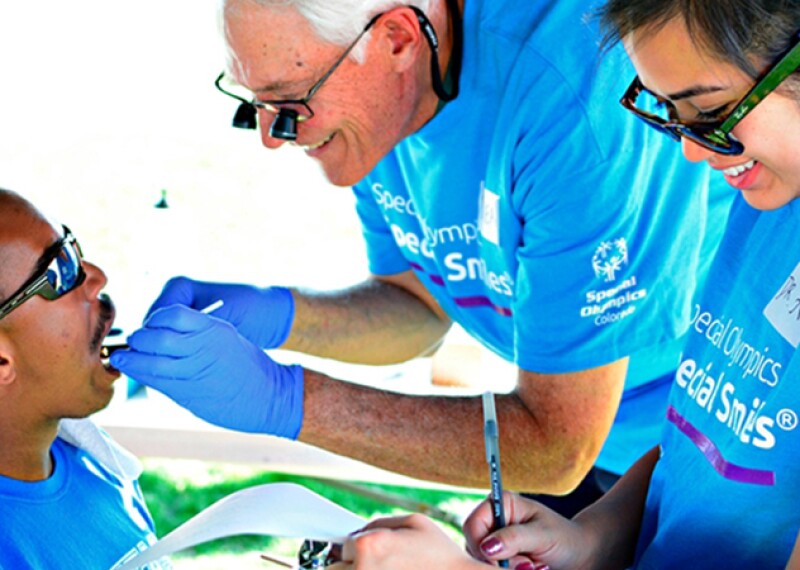
The following is an excerpt from ESPN titled Special Olympics athlete Johanna Shoeneck is on the front lines of the coronavirus.
Still, the coronavirus snakes its way through the country, and so she comes home through the basement door. She sprays her keys with disinfectant. She sprays the doorknobs. She wipes down her shoes, then her backpack. She strips off the clothes she's worn all day and deposits them in the washing machine. She grabs a towel she leaves out for herself every night, sprays the buttons of the washing machine she touched, then beelines for the upstairs shower.
The virus hasn't come for her group home yet. Even as the country shut down in the middle of March and the number of infected Americans swelled into the millions within two months, even as the death toll passed dark milestones—121,000 fatalities in the United States alone as of this writing, according to the Centers for Disease Control and Prevention—COVID-19 has spared her workplace, and no one on the staff, nor any one of the four residents who call it home themselves, has tested positive.
But because of what she does, and whom she does it for, and how she does it, the threat of the coronavirus looms, ever present. For here is the heart of the dilemma for people with intellectual and developmental disabilities in the time of this pandemic: They are at once more vulnerable to the worst of this virus and less able to escape its clutches.









